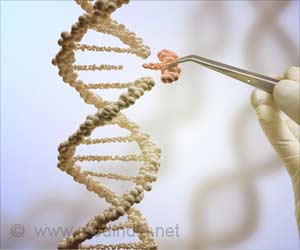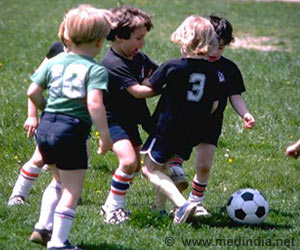Children with learning disabilities are vulnerable to sexual abuse and should be taught personal safety skills so that they can protect themselves.
In a recent court case involving the rape of a student with disabilities by her special needs teacher, it was obvious that both the victim and her advocates did not have the appropriate language to relate the alleged incident in an accurate manner.When it comes to allegations of rape and sexual molestation, the reported account has to be very clear, with no room at all for any doubt. The victim needs to accurately describe the inappropriate touches and include accurate names of the relevant parts of the body with regard to what the perpetrator allegedly did.
Otherwise, the lawyers for the defendant have a good reason to request that the case be thrown out of court.
Thus, teaching our children the correct names of parts of the body, including private parts, is an integral component of a personal safety programme.
We need to take it one step further by emphasising the parts of the body which are private and which no one has the right to touch, except for the purpose of maintaining health and cleanliness. This is one simple way to integrate personal safety into the normal school curriculum without creating unnecessary apprehension or embarrassment for teachers and care-providers.
Teaching personal safety to all children, especially children with disabilities, in order to protect them from sexual abuse is one of the most important challenges we are currently facing today.
It would be most appropriate if personal safety programmes are integrated into the mainstream school curriculum and reinforced throughout a child's daily life both in school and at home.
The personal safety programme begins with a focus on enhancing self-esteem and confidence to encourage the individual to speak up. Children are taught private body parts, safe and unsafe situations, gender stereotypes, laws relating to child sexual abuse and child rights, safe and unsafe touches, and the importance of safety rules.
Some fear that we may inadvertently introduce unnecessary fear in children. However, it has to be said that research overwhelmingly supports the fact that the price of ignorance is far greater and more damaging to children than education in personal safety conducted in an appropriate and sensitive manner.
Quite often our community does not actively promote the ability of the person with a disability to speak up or to know their likes and dislikes and make choices.
This raises the question of how we could expect children with disabilities to protect themselves and say no to unsafe touches. Assertiveness is a prerequisite for a child to be able to say "No" or show it through their body language, when faced with something they do not like.
When an individual with disabilities has grasped basic self-advocacy and assertiveness skills, the personal safety programme would then go on to focus on recognising one's own feelings and emotions, and that of others. The programme then helps the child to develop decision-making skills so that they know when they can tell someone they trust and ask for help.
Personal safety is an ongoing programme involving everyone. It is not only the responsibility of the police, health services and social welfare staff, but the responsibility of parents, teachers, careproviders, neighbours and professionals to implement changes within our community to protect all children.
Every community has the strength to overcome child sexual abuse. The key to preventing sexual violence is to build on those strengths and diminish the influence of those conditions that perpetuate abuse. We need to know what a safer community that protects children from sexual abuse looks like. What conditions promote sexual abuse. And what conditions reduce the risks and give children the skills to protect themselves.
Source-Bio - Bio Technology
SRM






